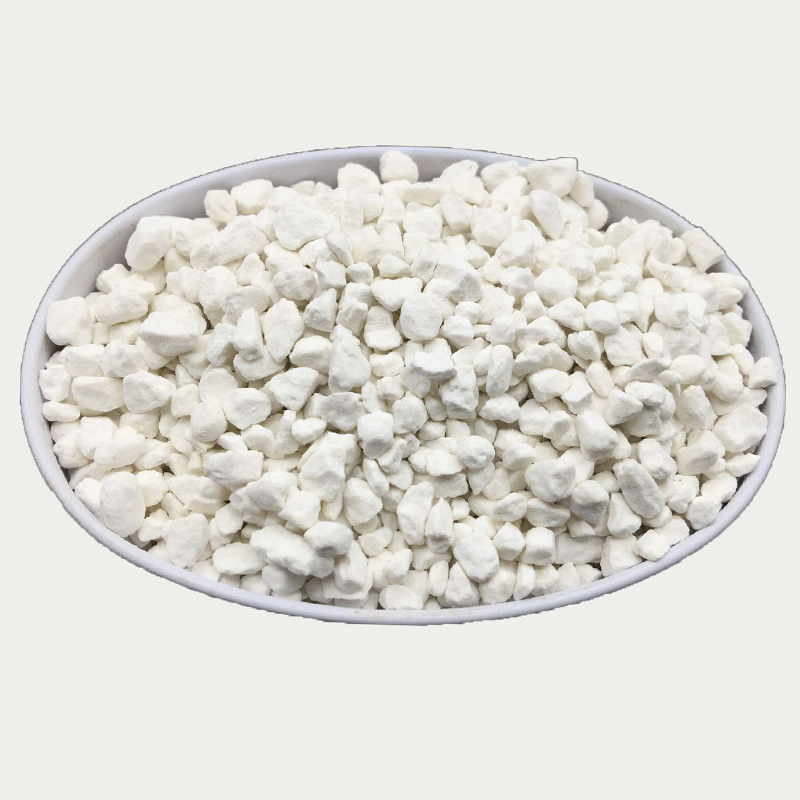
Aug . 15, 2024 01:03 Back to list
High-Quality Nitrogen Fertilizer Available for Purchase at Competitive Prices and Fast Delivery
Exploring High Nitrogen Fertilizers for Sale Boosting Your Soil Health and Crop Yields
As agricultural practices evolve, the importance of optimal soil fertility cannot be overstated. One of the key factors contributing to healthy plant growth is the availability of essential nutrients, particularly nitrogen. High nitrogen fertilizers have become increasingly popular among farmers and gardeners alike due to their ability to significantly enhance plant growth and productivity. In this article, we will explore the benefits, types, and considerations surrounding high nitrogen fertilizers available for sale.
The Role of Nitrogen in Agriculture
Nitrogen is a crucial nutrient that plays a fundamental role in various plant processes. It is a primary component of amino acids, proteins, and nucleic acids, which are essential for plant growth and development. Nitrogen promotes lush, green foliage, improves crop yields, and enhances overall plant health. However, many soils naturally lack sufficient nitrogen, making fertilizers a necessary addition to achieve optimal growth.
Types of High Nitrogen Fertilizers
High nitrogen fertilizers come in various forms, and choosing the right type depends on specific agricultural needs and objectives. Some of the most common types include
1. Urea This is one of the most widely used nitrogen fertilizers, containing around 46% nitrogen. Urea is highly soluble and can be applied directly to the soil or as a foliar spray. It is particularly effective in promoting rapid growth in crops.
2. Ammonium Nitrate With approximately 34% nitrogen content, ammonium nitrate is popular for its quick release of nitrogen, making it ideal for crops that require immediate nutrient uptake. It also promotes healthy root development.
3. Calcium Nitrate This fertilizer not only provides nitrogen (about 15.5%) but also calcium, which is essential for cell wall structure and growth. It is especially beneficial for fruits and vegetables.
4. Liquid Nitrogen Fertilizers These are convenient options for large-scale agricultural applications. They can be easily mixed with water for irrigation, ensuring an efficient distribution of nitrogen to the plants.
Benefits of Using High Nitrogen Fertilizers
high nitrogen fertilizer for sale

Investing in high nitrogen fertilizers can lead to numerous benefits for both commercial and home gardens
- Increased Crop Yields By providing an adequate supply of nitrogen, crops can achieve higher yields, leading to increased profitability for farmers. - Improved Plant Health Healthy plants are more resilient to pests and diseases. Nitrogen plays a vital role in strengthening plants’ natural defenses.
- Faster Growth Rates High nitrogen fertilizers can promote rapid growth, allowing for quicker turnaround times for crops.
- Enhanced Quality Adequate nitrogen levels can enhance the quality of produce, leading to better market prices and consumer appeal.
Considerations When Applying High Nitrogen Fertilizers
While the benefits are clear, there are several important considerations to keep in mind when using high nitrogen fertilizers
- Soil Testing Before applying fertilizers, it's essential to conduct soil tests to determine nutrient deficiencies. Overapplication of nitrogen can lead to toxicity and negative environmental impacts.
- Timing and Method of Application Proper timing and method of application can greatly influence effectiveness. For example, applying nitrogen at the right growth stage can enhance assimilation by plants.
- Environmental Impact Excessive nitrogen runoff can lead to water pollution and contribute to issues such as algal blooms. Sustainable practices, such as using slow-release fertilizers or incorporating crop rotation, can mitigate these effects.
Conclusion
High nitrogen fertilizers play an integral role in modern agriculture, providing essential nutrients that drive plant growth and productivity. By understanding the different types available for sale and their respective benefits and considerations, farmers and gardeners can make informed decisions that lead to healthier plants and bountiful harvests. As stewardship of the environment remains paramount, embracing sustainable practices alongside the use of these fertilizers will ensure that agricultural practices remain both productive and responsible.
-
10 10 10 Fertilizer Organic—Balanced NPK for All Plants
NewsJul.30,2025
-
Premium 10 10 10 Fertilizer Organic for Balanced Plant Growth
NewsJul.29,2025
-
Premium 10 10 10 Fertilizer Organic for Balanced Plant Growth
NewsJul.29,2025
-
Premium 10 10 10 Fertilizer Organic for Balanced Plant Growth
NewsJul.29,2025
-
50 Pound Bags of 13-13-13 Fertilizer for All Plants – Bulk & Organic Options
NewsJul.28,2025
-
High-Efficiency 15-30-15 Granular Fertilizer for Healthy Crops
NewsJul.28,2025
